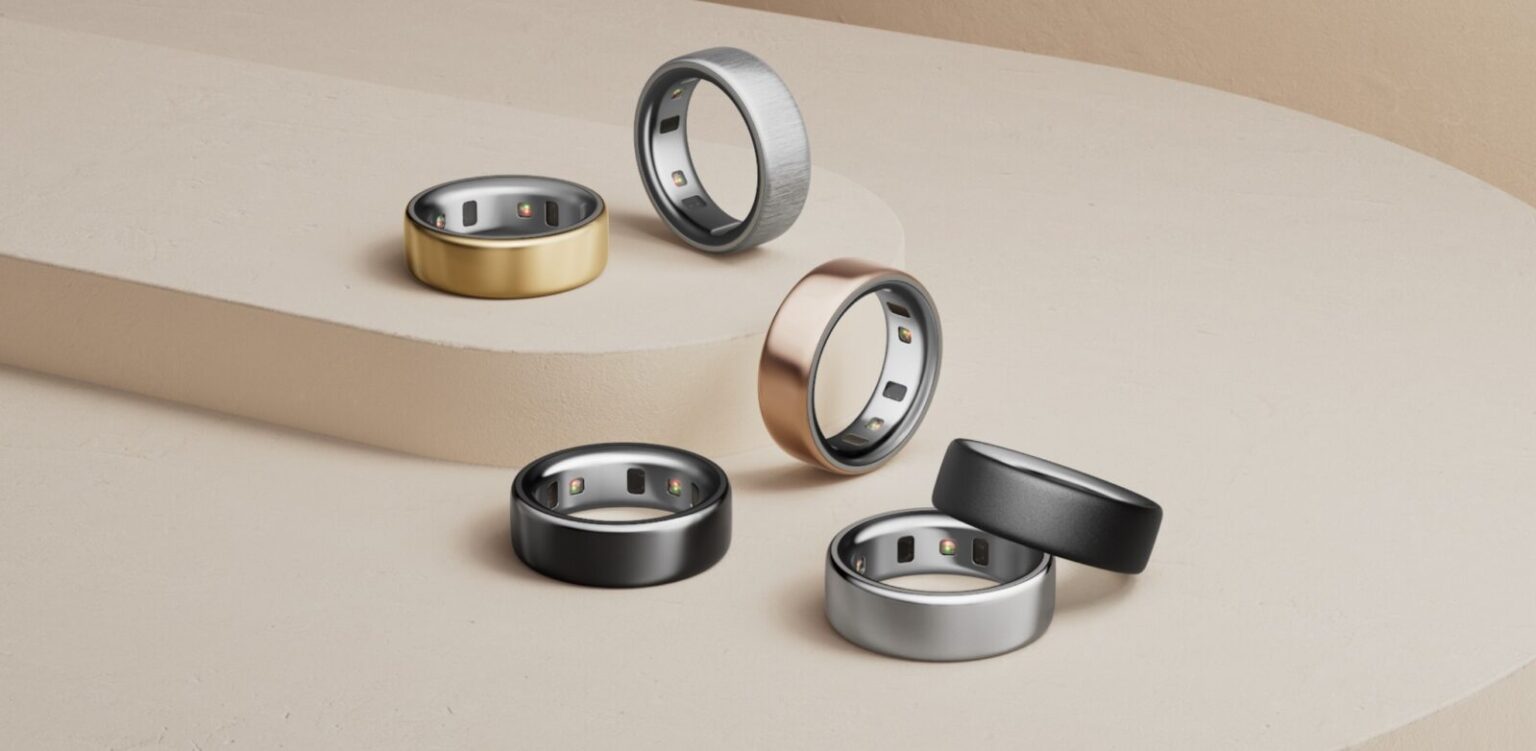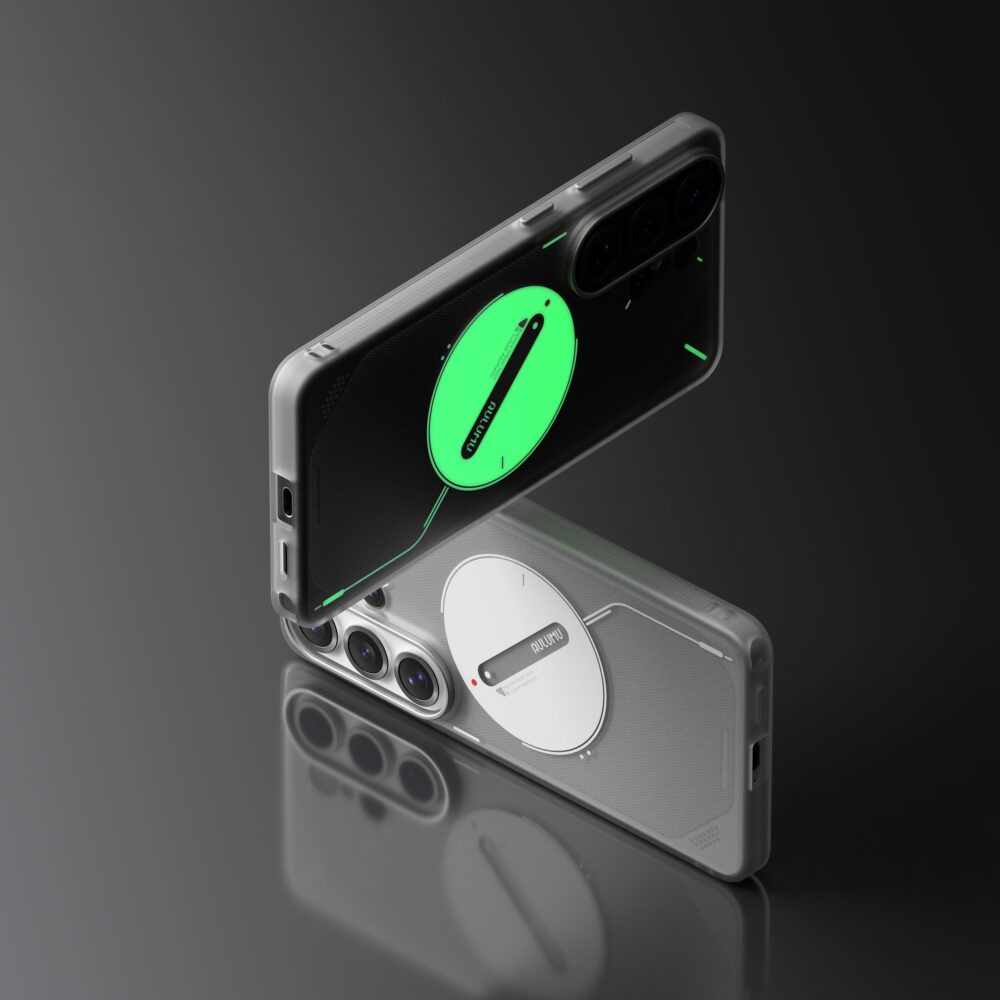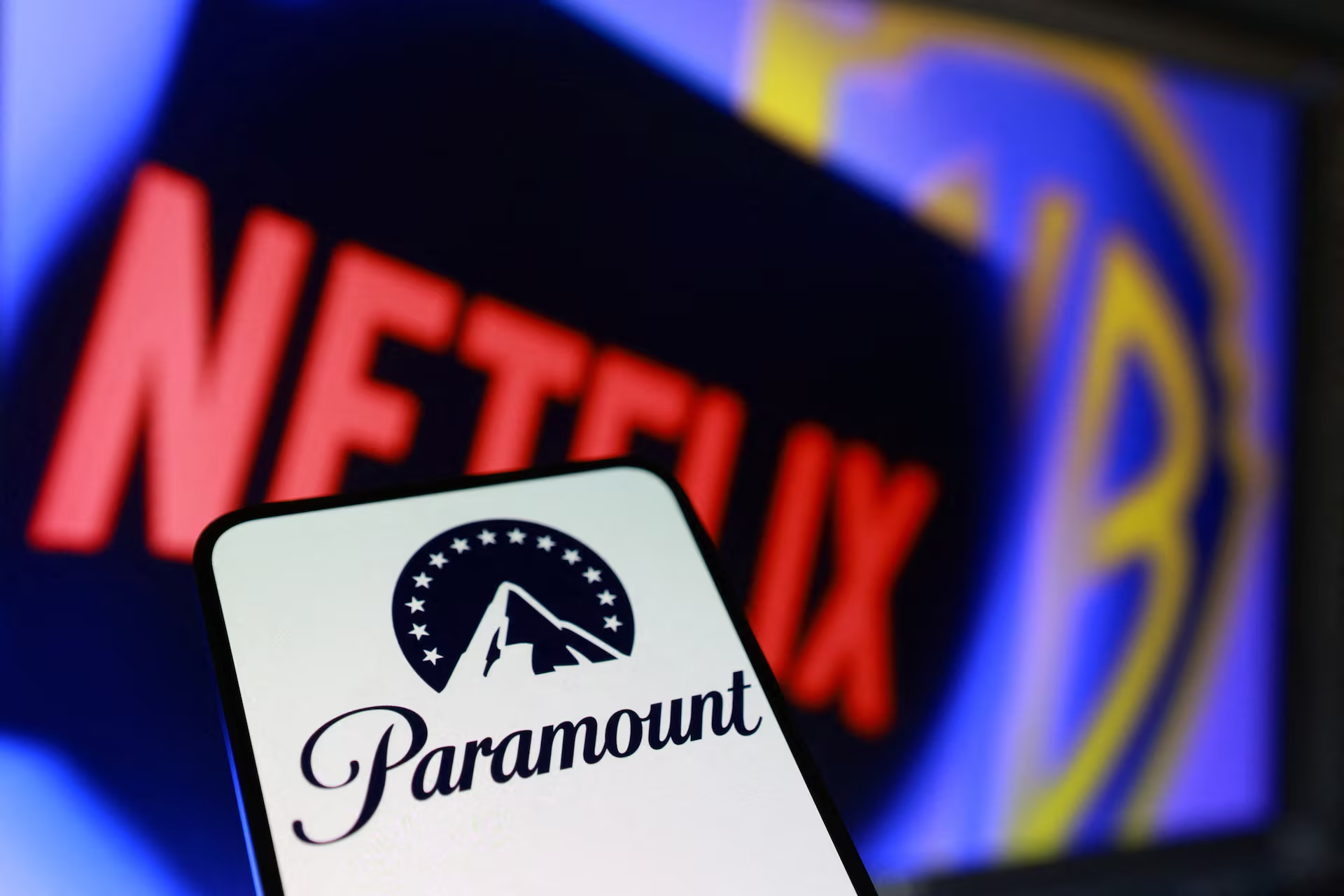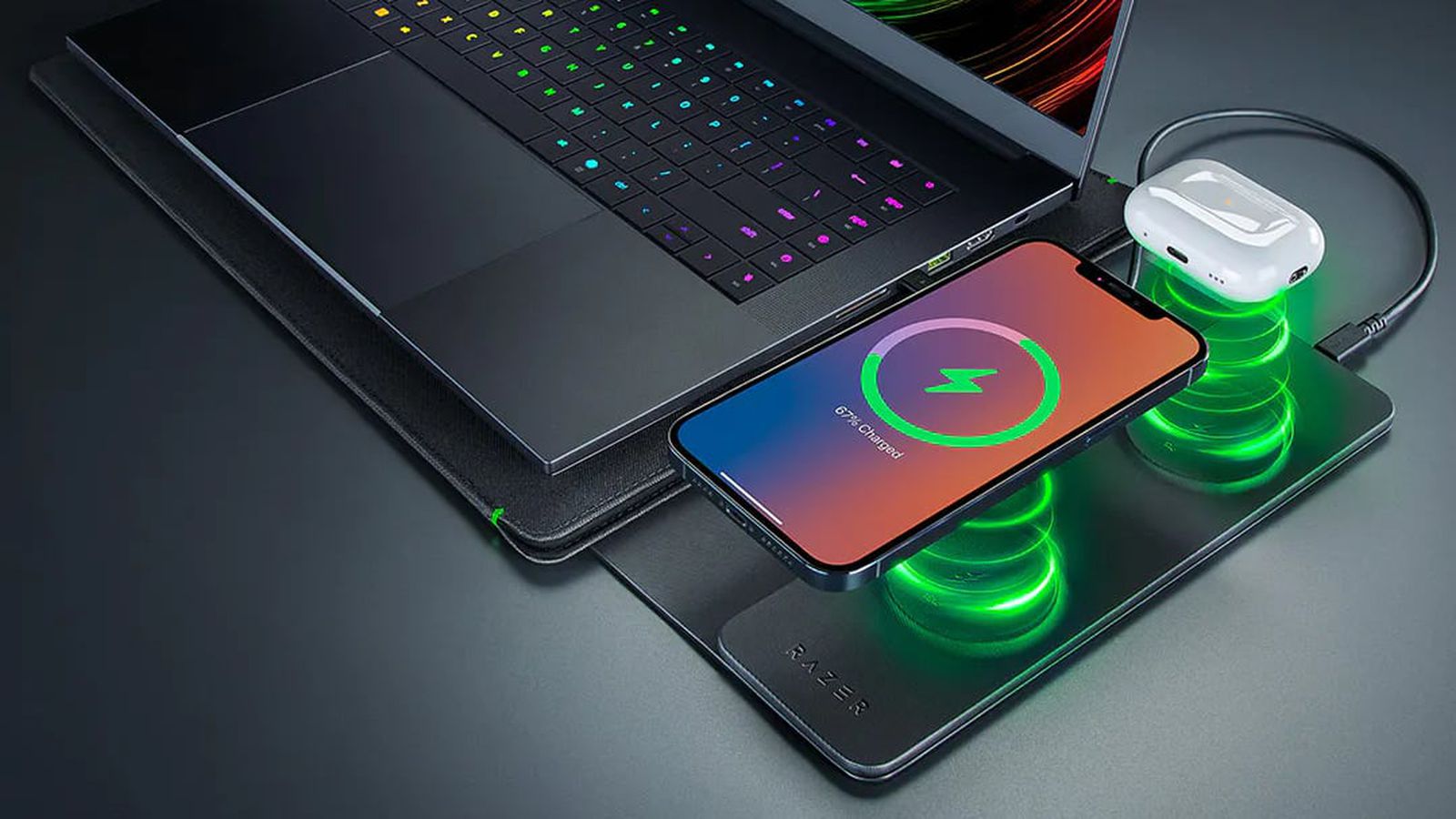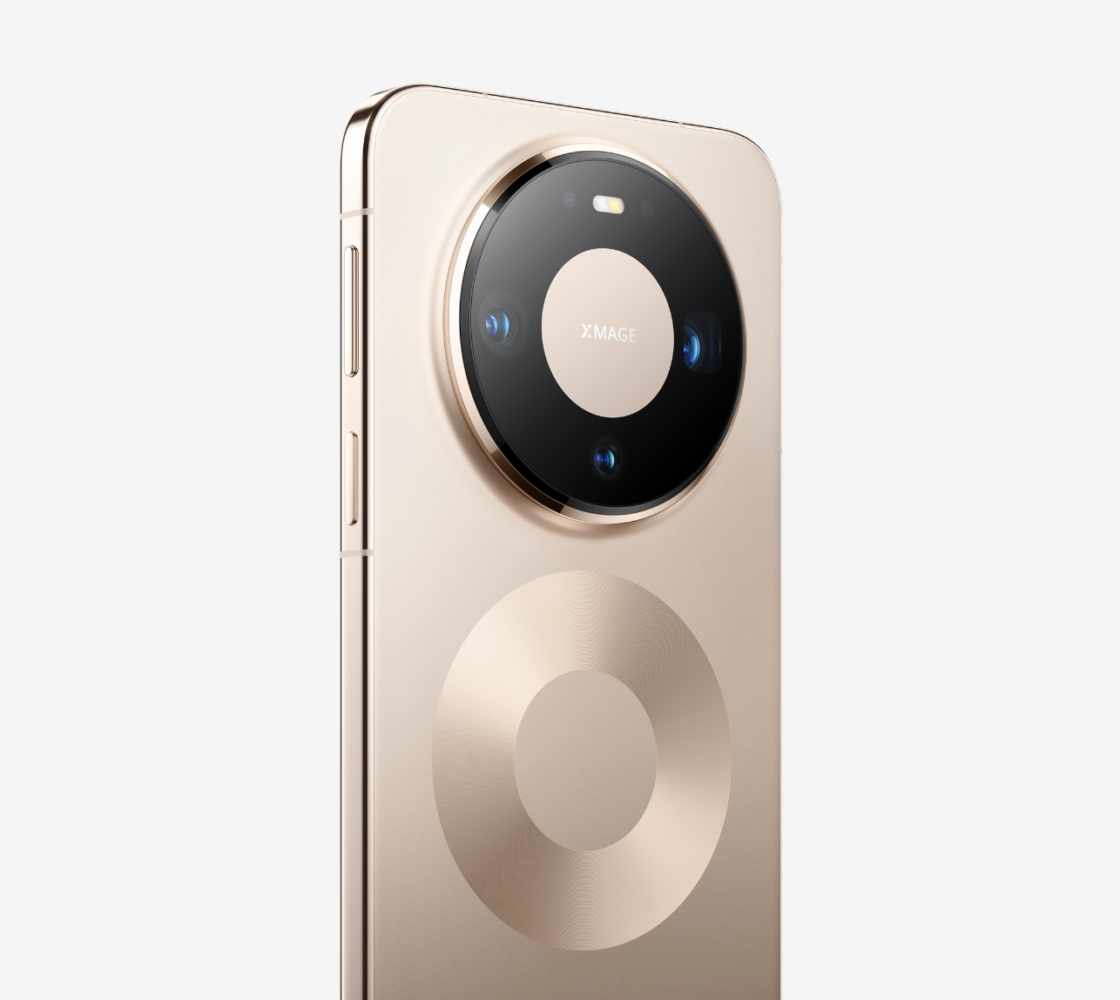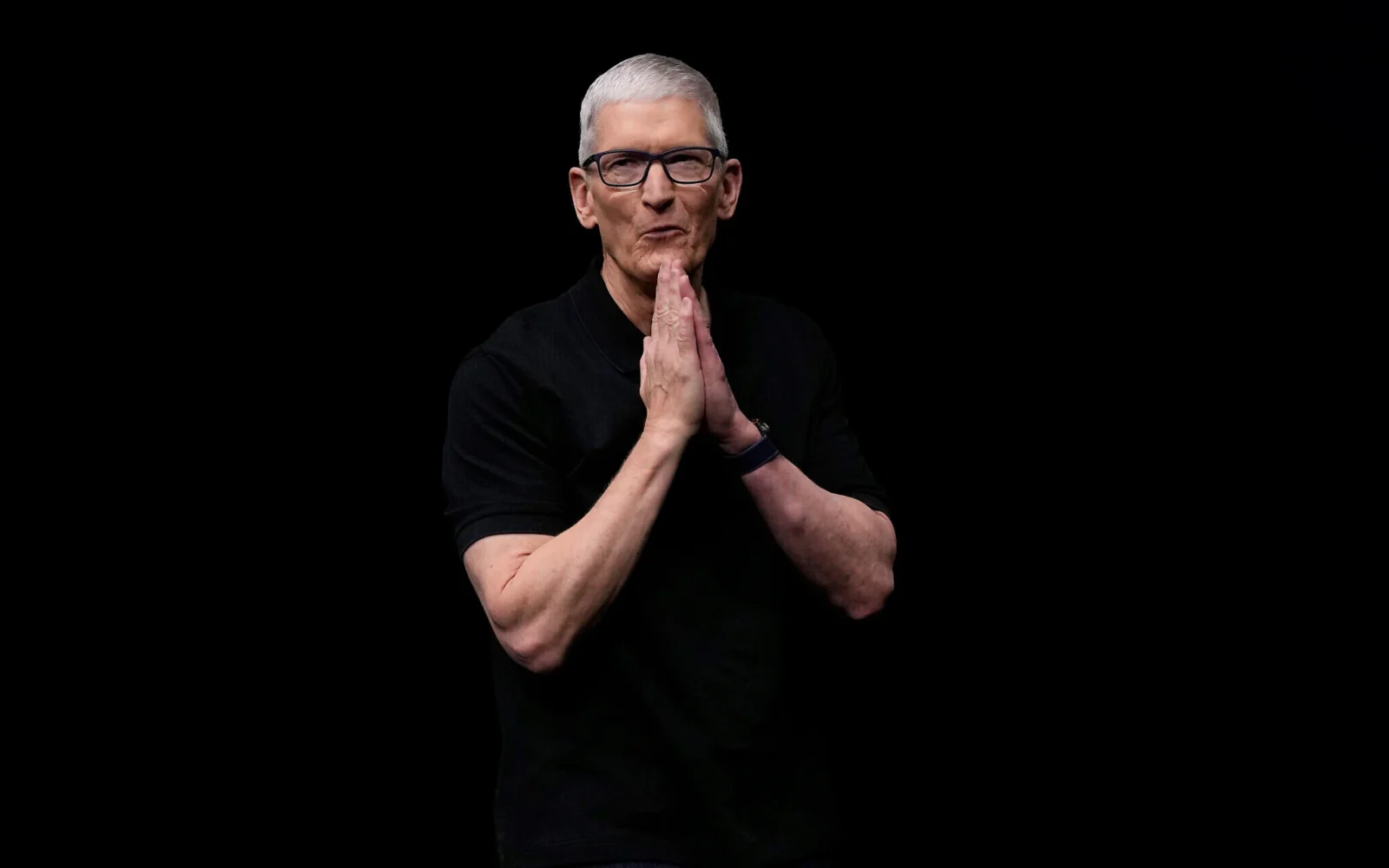Finnish wearable technology firm Oura has secured $900 million in new funding led by Fidelity Management & Research Company, bringing its valuation to roughly $11 billion—more than twice what investors valued it at in late 2024. The round included participation from new backer ICONIQ and existing investors Whale Rock and Atreides.
The funding gives Oura significant financial room to expand its health technology ambitions, particularly in artificial intelligence, hardware design, and international distribution. The company said the capital will go toward developing new features for its smart rings and enhancing manufacturing capabilities to meet rising global demand.
Founded in 2013, Oura has sold more than 5.5 million rings worldwide, with over half of those sales occurring in the past year. The company doubled its revenue in 2024 to around $500 million and expects to surpass $1 billion in 2025. According to research firm IDC, Oura dominates the smart ring category, holding over 80 percent of the global market.
Oura’s CEO, Tom Hale, described the raise as evidence of “the strength of Oura’s business and the trust millions of members place in us.” He said the company’s goal is to “help people understand their bodies and make better lifestyle decisions” through proactive health tracking.
The company’s latest device, the Oura Ring 4, debuted last October, and earlier this month, Oura introduced ceramic versions alongside a new charging dock. The brand has also seen strong uptake among younger consumers, with women in their early twenties now forming a key demographic, according to Chief Commercial Officer Dorothy Kilroy, who spoke at the Elevate conference in Toronto.
Beyond wearable hardware, Oura is gradually moving into digital health services. Its new Health Panels feature, launched this month, lets users book $99 blood tests at any of 2,000 Quest Diagnostics locations across the U.S. Results are displayed within the Oura app, where users can interact with an AI assistant for general wellness suggestions—though the company does not offer medical advice.
This move places Oura in direct competition with other health-focused wearables and startups, including Whoop, which recently introduced a comparable service, and new entrants like Ultrahuman and Samsung’s forthcoming smart rings. As the broader wearable market shifts toward deeper health integration and AI-driven insights, Oura appears positioned to maintain its lead—but will need to balance innovation with the privacy and medical accuracy concerns that increasingly define the digital health space.


